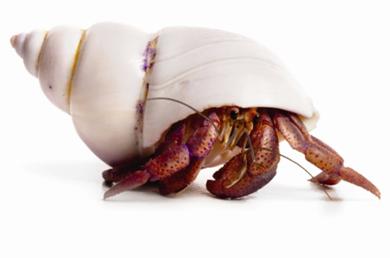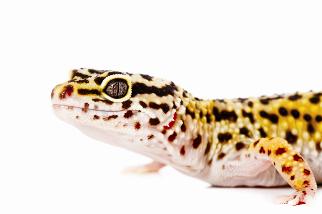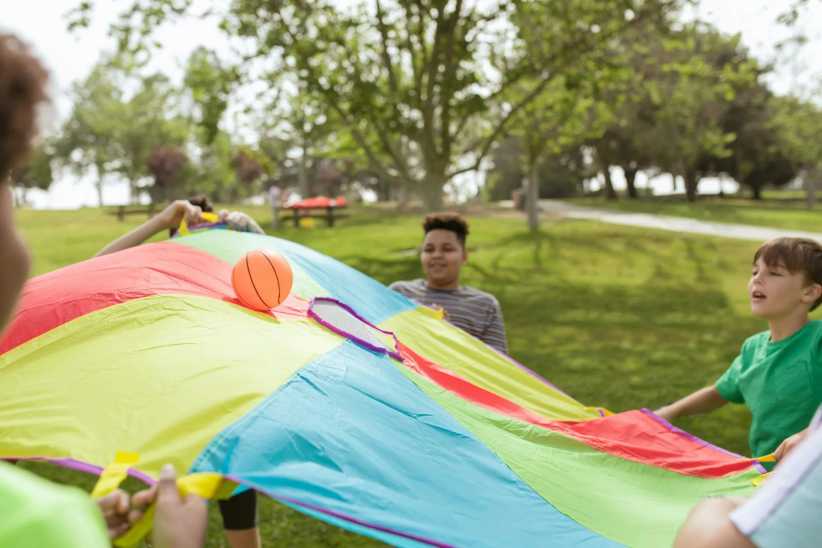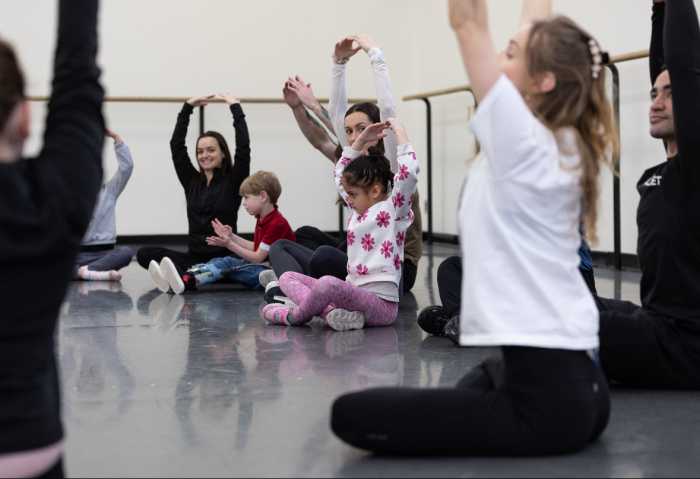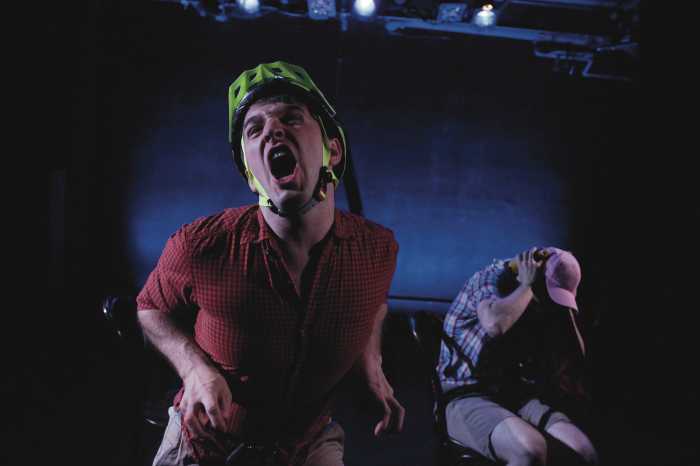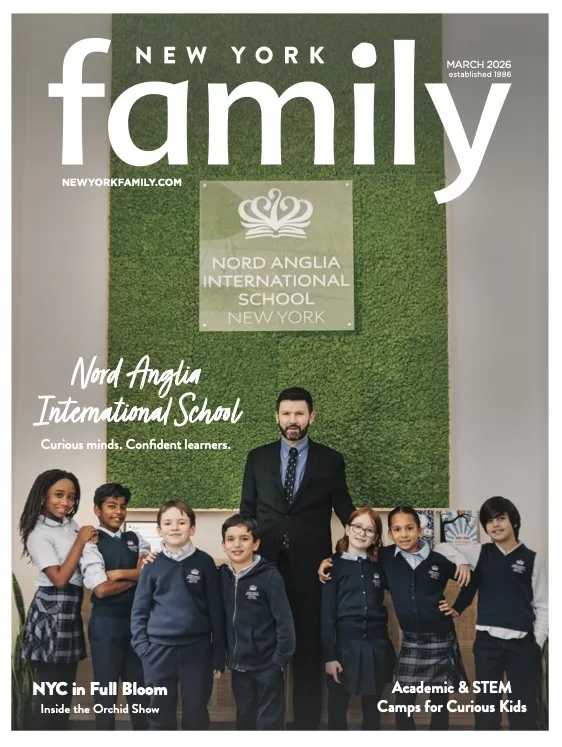 “Can I have a pet?” For most parents, that’s a dreaded and often inevitable plea. But you don’t have to say “no” just because the frequently requested cats and dogs require lots of attention and physical space. Though the below pet alternatives may not be the best friends your kids originally had in mind, they’re compact, can teach children the importance of responsibility, and might even learn to play catch with the best of them. Plus, they’re all conveniently available at local Petco locations and neighborhood stores like the Upper West Side’s Fauna.
“Can I have a pet?” For most parents, that’s a dreaded and often inevitable plea. But you don’t have to say “no” just because the frequently requested cats and dogs require lots of attention and physical space. Though the below pet alternatives may not be the best friends your kids originally had in mind, they’re compact, can teach children the importance of responsibility, and might even learn to play catch with the best of them. Plus, they’re all conveniently available at local Petco locations and neighborhood stores like the Upper West Side’s Fauna.
Parakeets
Parakeets can learn to sing and speak like the tropical creatures of pirate movies—and have been known to perform such feats as spinning on perches and skateboarding. As devoted and social as dogs, they’re ideal for busy families because they require less maintenance. Families only need to feed them seeds once a day and clean their cages weekly.
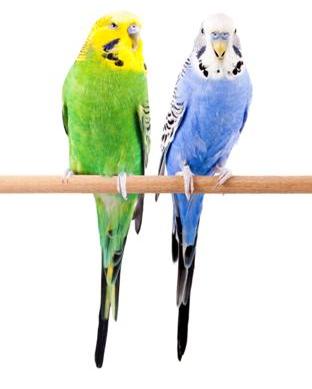 Training a pet parakeet is a lesson in being patient and making friends; parakeets that are shy at first can warm up to their owners and become very friendly. In fact, they can become lifelong friends for 10-15 years, says Dr. Katherine Quesenberry of NYC’s Animal Medical Center. She suggests searching for a hand-raised bird, which will be more receptive to being handled. A note of caution: Parakeets like to stretch their wings around the house outside of their wire cages, and while not all of them talk, you never know what the verbal ones will pick up—so watch what you say!
Training a pet parakeet is a lesson in being patient and making friends; parakeets that are shy at first can warm up to their owners and become very friendly. In fact, they can become lifelong friends for 10-15 years, says Dr. Katherine Quesenberry of NYC’s Animal Medical Center. She suggests searching for a hand-raised bird, which will be more receptive to being handled. A note of caution: Parakeets like to stretch their wings around the house outside of their wire cages, and while not all of them talk, you never know what the verbal ones will pick up—so watch what you say!
Parakeets are generally priced just over $20.
Rats
Another surprising canine alternative, these rodents can actually make very loving companions—think Mickey and Minnie Mouse, not subway pests. Daniel Kopulos, the owner of Fauna, says that the Rattus norvegicus species is pet-appropriate because it is very intelligent and easily trained. Kids can play fetch with or teach pet rats to respond to their names, just like with Fido. Crafty youngsters will also love building new toys with tunnels, ropes, mazes, and ladders to keep the rats from growing bored. While most rodents aren’t very tolerable of being over-handled, rats are more lenient and even enjoy being toted around on children’s shoulders and in their pockets.
Rats can live up to four years, but Kopulos suggests housing your squeaky friends in an open-air wire cage to prevent respiratory infections (and adding bedding, which is better for their feet). Young children can refill their pet’s bowl with pellets, grains, and hay daily, but adults should remind them to wash their hands before and after handling the food.
Rats are generally priced between $6 and $12.
As great starter pets that don’t require complicated housing or care, hermit crabs are curious, active critters with a lifespan of 10 years. Josh McGovern, store manager at Petco’s Union Square branch, recommends a ten gallon terrarium with a sandy bedding, heat source, and light. Provide the hermit crab with plenty of toys, and the whole family can enjoy watching it dig, hide, and climb all over its tank.
Kids can train a hermit crab to hand feed by offering different fruits and vegetables in the palm of their hand—and they’ll be tickled to know that the crab enjoys eating something different every meal, just like they do. Best of all, unlike wild crabs, hermit crabs are gentle enough to pet and hold without the worry of being pinched. Kids should always wash their hands after handling the crab, because there is still a risk of salmonella, as there is with all reptiles.
Hermit crabs are generally priced around $4 to $8.
Pets don’t have to be furry or feathered; leopard geckos may appear rough to touch, but their skin is actually soft and comes in a variety of patterns and colors that make them masters of disguise. This camouflage is a great introduction to other defense mechanisms like tails that break off. Geckos only grow to about 6-10 inches and don’t require much space, which is ideal for city apartments. Another bonus is that geckos are low maintenance—adult geckos only need to be fed every other day and can survive a forgotten cleaning—so youngsters can learn a little responsibility without being overwhelmed.
Mom and Dad might have to step in with cleaning the substrate carpet for the aquarium weekly, at least at first—geckos have a 20-year lifespan and can grow up with the kids. Because the lizards love to climb, Kopulos recommends that families get a tall aquarium (ideally 30×12 inches) plus a heat and light source. While geckos are not poisonous, be sure to have them checked for infectious diseases like salmonella.
Leopard geckos are generally priced around $30.
At first blush, fish might not sound like they’d be the best of playmates, but betta fish are remarkably entertaining, not to mention pretty—they have graceful trailing tails and come in a variety of bright colors. Bettas have tons of energy, and kids can have a blast outfitting the tank with creative toys like hamster tubes, ping pong balls, and mirrors (on the outside). Pointing lasers for them to chase and training them to swim through hoops are just some of the many ways you can interact with bettas.
McGovern says that kids can help feed the fish flakes and pellets three times a week, though Kopulos cautions that parents might have to handle quantity control. Bettas only need a half-gallon tank, though bigger is always better, ideally with a filter. Otherwise, so long as parents can help make sure that the water is at the right temperature and is clean (maintenance depends on tank size and filters), these fish can live up to three years. Just make sure you only have one in each tank if you spring for multiples—or you’ll witness a fish duel like no other!
Betta fish most commonly cost around $5. More exotic varities can cost around $20.
With additional reporting by Savannah Birnbaum.
BUT IF YOU REALLY LOVE CATS AND DOGS…
Bideawee
410 East 38th Street
For over a century, Bideawee has been committed to cultivating and supporting the lifelong pet and owner relationship. The pet agency takes in homeless, abandoned, ill, and neglected cats and dogs, providing them with medical as well as behavioral and emotional care. Because Bideawee believes that adoption is a relationship and not a transaction, the staff gets to know you and your lifestyle to match you with the perfect pet—great for first-time pet families. Not sure you’re ready to jump in just yet? Bideawee has a variety of volunteer opportunities for children accompanied by an adult. bideawee.org
ASPCA of New York City
424 East 92nd Street
As the first humane organization in the Western Hemisphere, ASPCA works to prevent animal abuse through rescue, passing humane laws, and sharing resources with shelters across the globe. Before actually welcoming a new pet into your family, you can introduce your high schooler to animals through service learning programs like cat socialization; for the under-sixteen set, ASPCA has a dedicated kids website on helping animals. Alternatively, its foster program for cats and dogs waiting to be permanently adopted is perfect for a trial run for life with furry, four-legged buddies. aspca.org
Humane Society of New York
306 East 59th Street
The Humane Society of New York runs on the mission to care for animals in need when injury, illness, or homelessness strikes. The adoption center hosts cats, dogs, and even rabbits, while the clinic provides affordable veterinary care and cost-covered spaying and neutering. Along with these excellent daily services, the Humane Society also welcomes interactive visits for learning more about the animals. Most recently the organization invited Tuesday’s Children, an outreach program for children whose lives have been dramatically affected by 9/11, to come in to play with the cats and dogs and create cage cards. humanesocietyny.org

